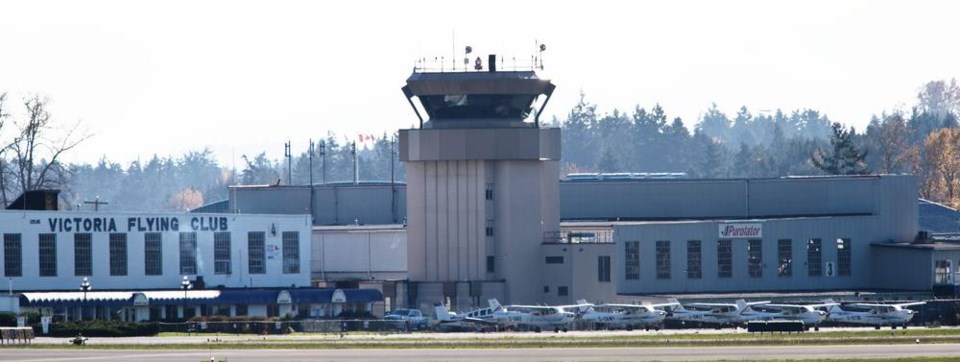The travel lockdown we are experiencing due to COVID-19 has been devastating. British Columbia’s air service was down more than 93 per cent in April and May 2020, and by 75 to 85 per cent since then. The sector could take years to recover.
This doesn’t only affect the airports, airlines and travellers; communities and residents are affected as well. British Columbia’s airports are home to 172 air operators, 42 flying schools and more than 100 highly active aerospace organizations that support local businesses and employment. Regional airports such as Victoria International Airport create opportunities for high-value tourism and trade. International hubs like Vancouver connect British Columbia to the world. Air service is a lifeline for remote and Indigenous communities.
Regional service boosts the whole system, allowing airlines to fly to more destinations. Passenger revenues also help fund essential services such as medevac and firefighting. But today, those revenues are no longer there to support these services.
Other than rent relief to the end of 2020 for Victoria International Airport as well as Vancouver International and Prince George Airport, our airports have received no direct assistance from Ottawa, even as U.S. airports have received $10 billion in grants — with potentially more on the way.
In fairness, some federal initiatives have helped. Programs like the Canada Emergency Wage Subsidy (CEWS), have helped to reduce layoffs and allowed some airports to continue to serve their communities. However, the 57 municipally owned airports in British Columbia are not permitted to apply for CEWS or any other federal relief program.
To make matters worse for these municipalities, the cost of supporting their airports, already high, has become prohibitive. The protracted loss of revenues has made the spectre of airport decommissioning — as already being examined for the airport in Golden — far more likely.
Canada’s airports are generally funded by users, not taxpayers, and until now, it’s worked. Our sector has largely operated without subsidies since being privatized in the 1990s.
Our largest airports, including Victoria International, even delivered a financial return to government, including about $6.5 billion in rent. But that system is breaking down. Until now, user fees have funded passengers’ services and capital improvements. But in the absence of government funding to make up the shortfall, airports have little choice but to raise rates to repay debt and interest incurred because of COVID-19 related income losses.
The cure may be worse than the disease in some markets, as these sharp rate increases will depress demand, and harm airports’ ability to regain commercial service.
Aviation is by nature a very capital-intensive industry. In markets with low traffic volumes — fewer than one million passengers — it has always been a challenge to generate enough revenue to cover the cost of operations and ongoing infrastructure maintenance. With the additional impact of COVID-19, the model is not sustainable without interim government support.
None of this has stopped airports from doing their job. Even as passenger numbers and revenues have tumbled, airports implemented enhanced safety and cleaning measures and continued to stay fully operational to serve their travellers and communities. But, they have had no choice but to reduce costs in other areas: delaying or cancelling infrastructure projects, laying off staff and reducing services.
To assist airports, maintain the integrity of the system and support the wellbeing of our communities, the government of Canada must take the following actions:
• Extend airport rent relief until revenues return to pre-COVID levels.
• Provide interest-free long-term loans, particularly to smaller airports that do not pay rent.
• Allow municipally owed airports to access CEWS and other federal relief programs.
These actions are simple to implement, temporary, reasonable and essential. Since the onset of COVID-19, both the B.C. Aviation Council and the Canadian Airports Council have been in discussion with federal and provincial governments to move the dial and get the support our airports and communities need to survive.
The work, and our commitment to our members and airport communities, persists.
Dave Frank is the executive director of the B.C. Aviation Council and Daniel-Robert Gooch is president of the Canadian Airports Council.



